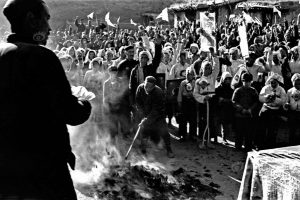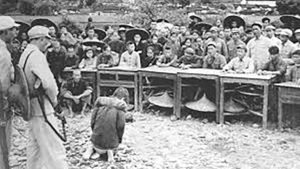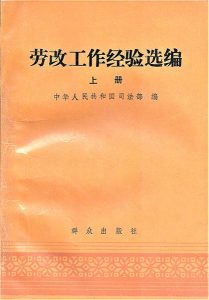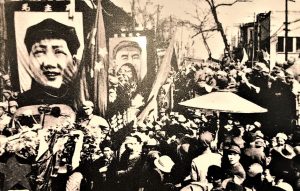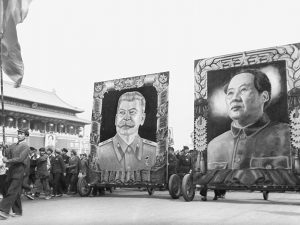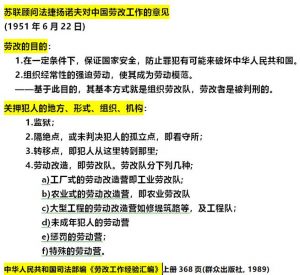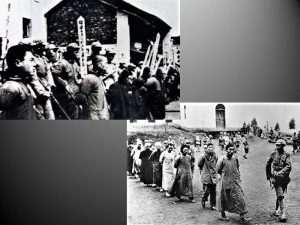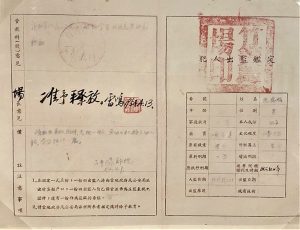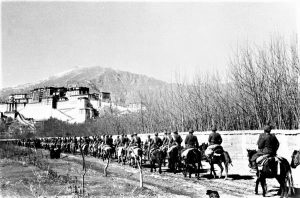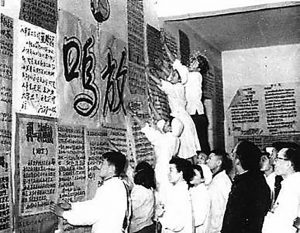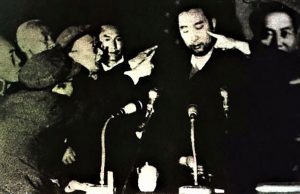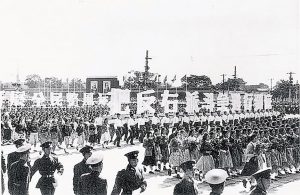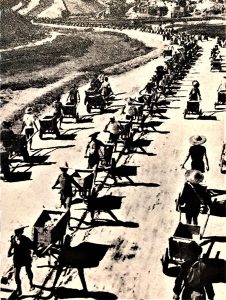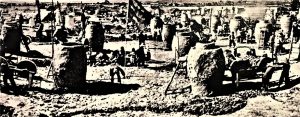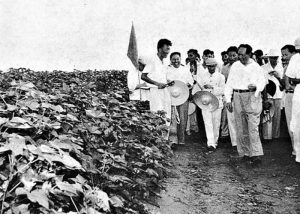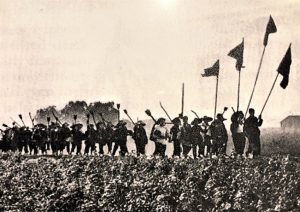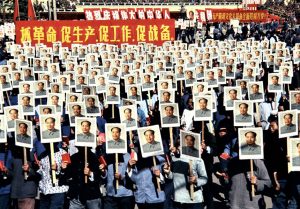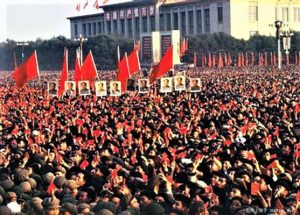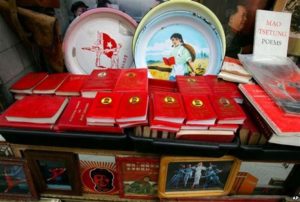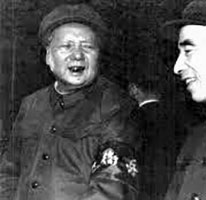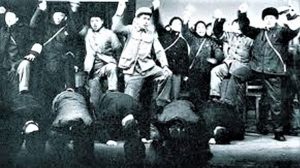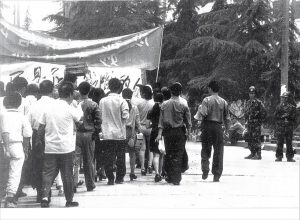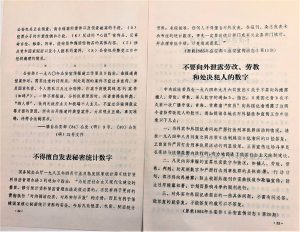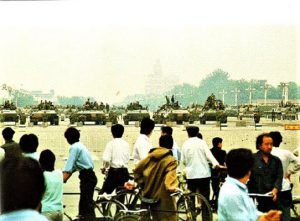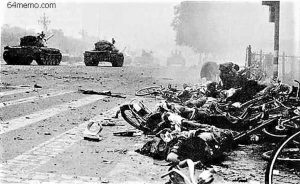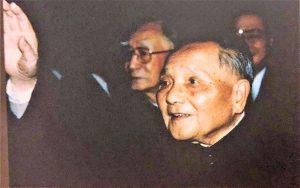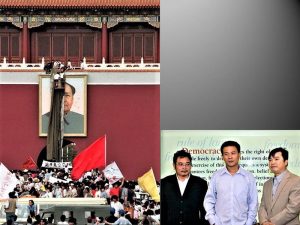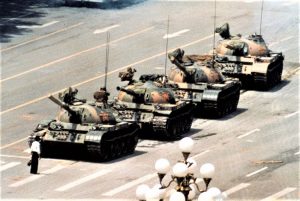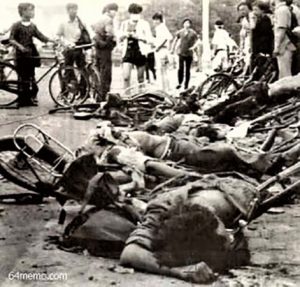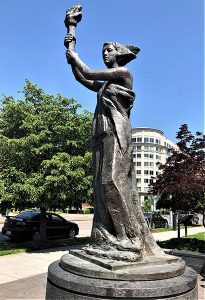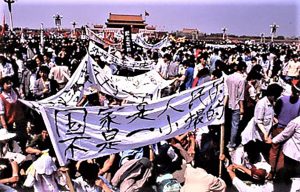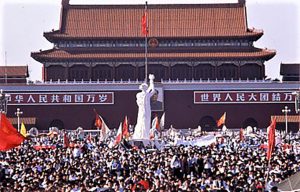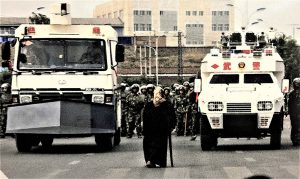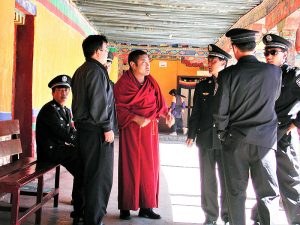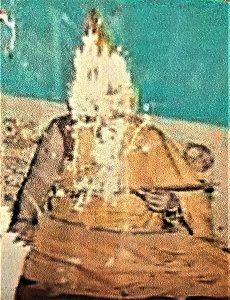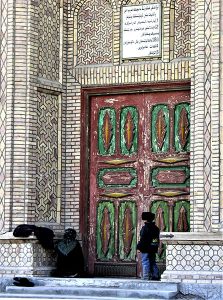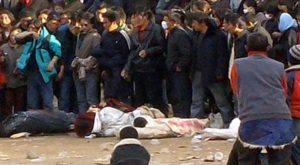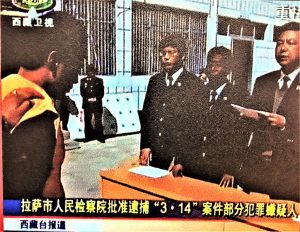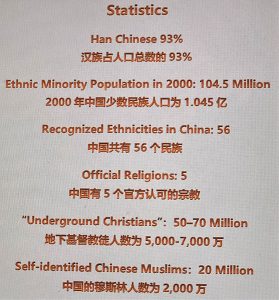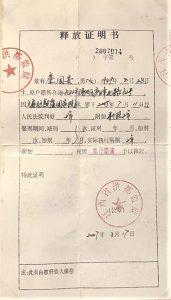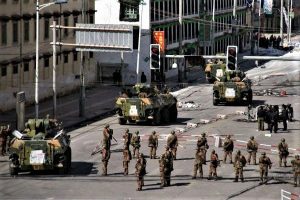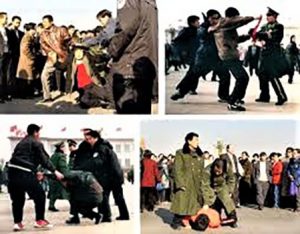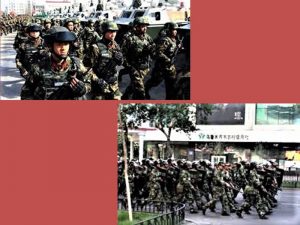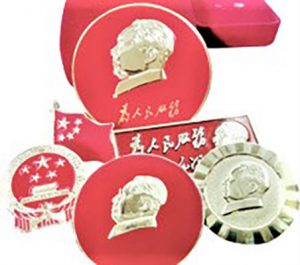Revolution is Not a Dinner Party
A History of Repression in Communist China
Decades of TUMULTUOUS CIVIL WAR officially ended with the establishment of the People’s Republic of China on October 1, 1949. Mao Zedong’s revolution, however, never ended and the war against the rule of the CCP continued.
Mao and his successors have consolidated and retained power through authoritarian social and political campaigns and CONSISTENT DISREGARD FOR BASIC HUMAN RIGHTS. The Laogai system is just one facet in Communist China’s HISTORY OF SUPPRESSION.
MAO AND THE RISE OF COMMUNIST CHINA
Mao Zedong led the Chinese Communist Party to Power PROMISING A SOCIETY WITHOUT CLASS DISTINCTIONS. Strict land reform policies punished landowners. EXECUTIONS AND ARRESTS helped the CCP consolidate power.Mao’s supporters killed, tortured, and humiliated those who posed any threat to Mao’s communist ideals.
【Archive】The rules of the People’s Republic of China (PRC) for punishing counterrevolutionaries
【Archive】Mao Zedong’s instructions on the percentage of executions
【Archive】Outline of the plan for arresting counterrevolutionaries and other types of criminals throughout the country for the period from 1955 to 1958
Eliminating “Class Enemies”
To secure power and ostensibly achieve a classless socialist society, Mao’s CCP SOUGHT TO PURGE “COUNTERREVOLUTONARIES.” The resulting “classicide” targeted anyone who, by action or circumstance, belonged to an “enemy” social group.
The “SUPPRESSION OF COUNTERREVOLUTIONARIES” was launched to eradicate anyone associated with the former Kuonmintang (KMT) government. The Anti-Rightist Campaign targeted intellectuals, and the Chinese society was completely silenced.
【Movie】JIABIANGOU ELEGY
【E-Book】THE TRAGEDY AT JIABIANGOU – INTERVIEWS WITH THE SURVIVORS
【E-Book】RESEARCH ON THE ANTI-RIGHTIST CAMPAIGN
【Archive】Directives of the CCP CC concerning the steps and policies for the struggle against the Rightists
【Archive】The views of the Party Committee for Central Government Organs on the handling of 106 rightists
The “Great Leap Forward”
The CCP launched its “Great Leap Forward” to transform China’s political and ecomonic standing in the world. Ill-conceived policies precipitated mass famines, RESULTING IN THIRTY TO FORTY MILLION DEATHS.
With the price of dissent already established by the Anti-Rightist Campaign, FEW SPOKE OUT IN PROTEST. Those who did were immediately purged along with their supporters.
【Movie】MAO’S GREAT FAMINE
【E-Book】The Geat Famine
【Archive】Transmitted by the CCP CC Central South Bureau: Comments by Chairman Mao on the report by the CCP Xinyang Prefectural Committee on the rectification movement, production, and disaster relief
【Archive】Circular by the Ministry of Public Security on measures for controlling unnatural illnesses and deaths of labor camp inmates
“Cultural Revolution”
Mao’s prestige faltered after the disastrous “Great Leap Forward.” A new movement – The Next Revolution – was needed to purge opponents, indoctrinate a new generation, and revive the waning “revolutionary spirit.”
The “Cultural Revolution” was a period of civil chaos, when millions were persecuted and hundreds of thousands executed mostly by militias supported by the party.
After Mao
The leadership of the Party was in constant turmoil in the years leading up to and following Mao’s death in 1976. When Deng Xiaopeng claimed power in 1978, THE PARTY AGAIN ASSERTED ITS ABSOLUTELY AUTHORITY.
Despite pursuing economic reform in his “socialism with Chinese characteristics,” Deng’s regime continued to respond viciously to dissent of any kind.
Tiananmen Massacre
In April 1989, student protests erupted in Beijing’s Tiananmen Square, lasting two months and spurring nationwide pro-democracy demonstrations. From the night of June 3rd until the next morning, Chinese Communist Party leaders led by Deng Xiaoping ordered the army to forcibly suppress the student protests. The army entered Tiananmen Square with tanks, shooting into the crowd, leading to massive casualties.
Targeting Minorities
The Party’s CONSTANT SUSPICION AND INTOLERANCE OF ETHNIC AND RELIGIOUS MINORITIES reflects both the nature of a totalitarian regime and its vulnerability. The CCP does not tolerate independently organized minority groups of any kind – ethnic, cultural, or religious – because they are perceived as undermining the very basis of the regime’s totalitarian rule. The unending tension creates an environment of DISTRUST AND RESENTMENT leading to outbreaks of VIOLENCE AND BACKLASHES against both Han Chinese and minorities.
The State as a Whole Above Anything Else/Denial of Minority Rights
China Today
The Communist Party CONTINUES TO EXERT AUTHORITARIAN RULE TODAY. Deng’s economic liberalizations have achieved certain success,and some positive steps have been taken in basic civil rights.
Nevertheless, the vestiges of Mao’s totalitarianism remain. DISSENT IS NOT TOLERATED. AND THE LAOGAI SYSTEM CONTINUES TO FUNCTION.

